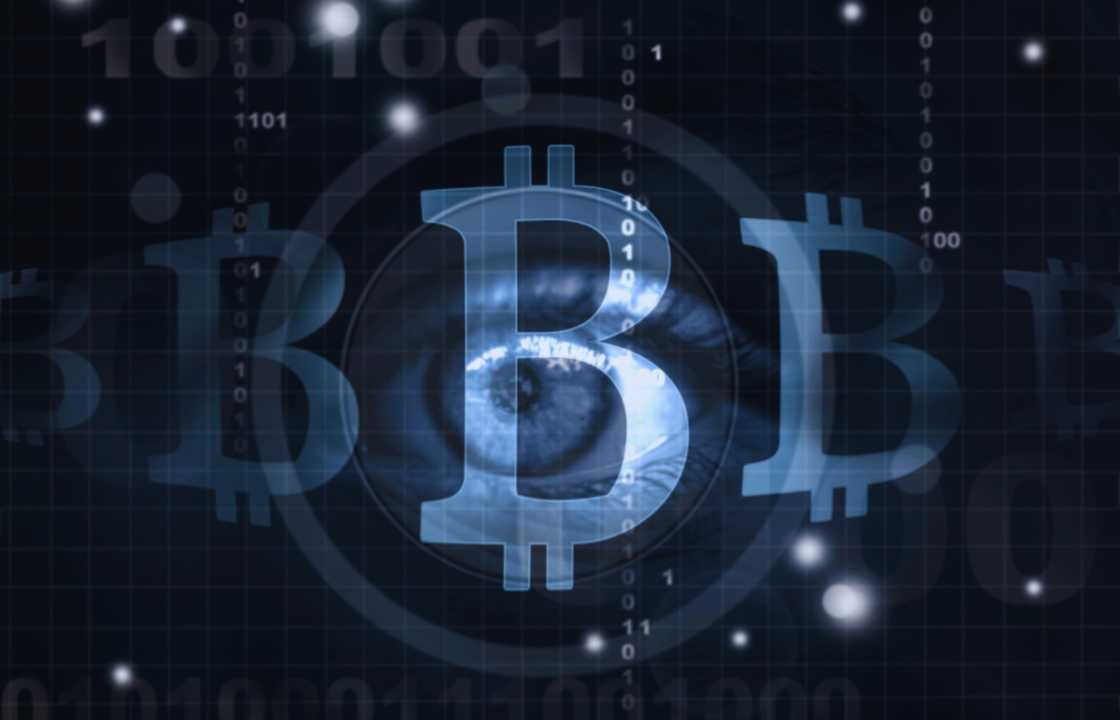Public political dialogues, such as those mediated by CNN involving Donald Trump, are pivotal in moulding public opinion and political discourse. However, our focus is not on political biases or the future course of American politics, but rather on the unsettling facility with which large sections of society can be influenced by disinformation.
Instances of group behaviour demonstrating herd-like tendencies—vulnerable to exploitation and easily guided—are distressingly commonplace. Our historical records are filled with cases of followers exhibiting a worrying inclination to fall in line with their leaders, often resulting in regrettable consequences. Such trends typically arise from the leader’s potent narrative skills. This worrisome pattern of exploitation finds its parallels in history, albeit not in exact form.
Our conversation isn’t about critiquing Trump or expressing political discontent. It’s less about Trump as a person and more about the repeating human storyline he signifies—a storyline that has been echoed throughout centuries. We are primarily interested in how Bitcoin could assist in restoring trust and reducing human susceptibility to exploitation. It’s about challenging the spreaders of false narratives while warning against the extent to which those in power may go to maintain their sway over the public.
Bitcoin: A Threat to Governments?
We now turn to an intriguing proposition: What makes Bitcoin a source of discomfort for governments? It’s not just the possible threat Bitcoin poses to governmental control over financial resources, although that’s a substantial aspect. The deeper cause is that governments often rely on the propagation of false narratives to sustain their reign.
Throughout history, the most triumphant and influential governments have perfected the craft of manipulation. The U.S. government, often hailed as a standard-bearer of democratic values, serves as a perfect illustration. From the Vietnam War period to the present day, there are plenty of instances where misinformation strategies have significantly swayed public perception.
Unveiling Disinformation Through Bitcoin
Reflecting on Trump’s allegations about a rigged electoral process, it’s worth noting that this was not a claim unique to 2020; it harks back to his 2016 campaign against Hillary Clinton. Charges of electoral misconduct are not a recent phenomenon. Trump’s proficiency in leveraging human cognitive biases to disseminate disinformation led many Americans to question the validity of the 2020 elections, believing that Trump was unjustly ousted.
This situation is both fascinating and distressing.
Our main concern isn’t the legitimacy of Trump’s allegations. In the absence of definitive evidence supporting either claim, the truth remains obscure. Without a way to verify Trump’s assertions, we stand the risk of falling prey to disinformation. Without a reliable method to comprehend the actual occurrences of the last electoral cycle, trusting the election results or our political system becomes challenging.
Bitcoin and Cognitive Adaptability
Research in neuroscience suggests that repeated exposure to certain narratives can significantly alter our perception of reality, reinforcing the comparison of human behaviour to that of a herd. Lacking a validation mechanism, we’re all susceptible to becoming tools in the hands of the powerful.
This is where Bitcoin could step in.
Earlier discussions have stressed the need for creative thinking. Bitcoin could lay the groundwork for all digital interactions, creating a system capable of authenticating every transaction, social engagement, news item, government assertion, and social media post.
Anxiety surrounding Bitcoin surpasses its potential to disrupt monetary control. Global leaders are apprehensive about the potential decline of the dollar as a reserve currency, viewing this as a potential destabilising force.
In a world where maintaining deception becomes increasingly difficult, Bitcoin could pose a significant obstacle to those in power. If influencing public opinion becomes impossible, the existing power structures could crumble. Bitcoin’s implications extend beyond being a simple monetary system—it represents an untamed, irrefutable reality. Wisdom is often conjoined with truth.
Foreseeing the Future: Bitcoin and Responsibility
Our central focus is not about attributing fault to a particular political faction. Leaders from all walks of political life have found themselves ensnared in the web of misinformation. Without a valid method to distinguish the truth from deceit, we are at risk of submitting ourselves blindly to our leaders and becoming casualties of false data.
While some may perceive the potential of Bitcoin as hyperbolic, hasn’t every momentous human progression faced initial scepticism? Bitcoin is in its infancy. As more leaders realise that the Bitcoin network could serve as a universal, indisputable verifier of truth, they may strive to dismantle it. Their influence often derives from the force of their fabricated narratives.

